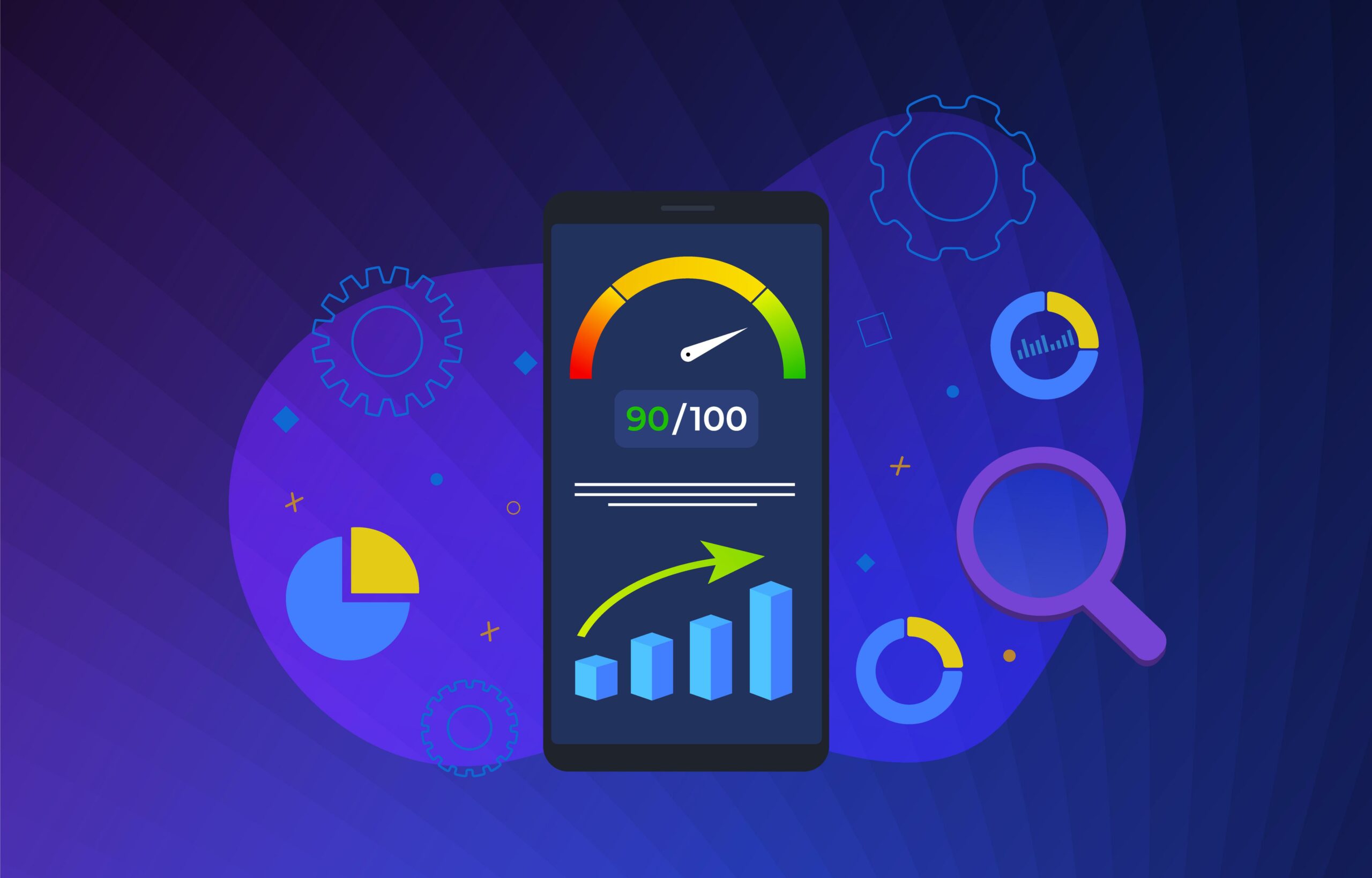
Launching a Shopify e commerce store is an exciting endeavour - you get to be your own boss and sell products you believe in. However, the harsh reality is that over 90% of new Shopify stores fail. One primary reason for this is the lack of visibility. Your unique products may as well not exist if no one can find your Shopify store.
This is where SEO for Shopify sites come in. SEO, or search engine optimization, helps potential customers discover your products when searching online. By optimising your Shopify store for target keywords that potential buyers use, you can drive targeted traffic to your site. More quality traffic means more sales and revenue over the long term.
However, SEO optimization can seem complicated for new store owners. Terms like backlinks, image alt text and tags, and crawl budget may sound confusing initially. Furthermore, with constant Google algorithm updates, what works for page SEO for Shopify sites one day may become outdated the next.
The purpose of this Shopify SEO guide is to explain search engine optimization in simple, actionable steps for merchants just starting. You can gain a solid SEO foundation by following these SEO tips around optimising your online store content and enhancing visibility. While an ongoing process, making Shopify SEO a priority early on can help take your ecommerce business to the next level.
Understanding The Basics Of Shopify SEO
Covering some core SEO principles is helpful before diving into specific Shopify SEO tactics. At a basic level, SEO is about making your online content easy for search engines like Google to scan, index, and understand. So, when users search for relevant keywords and phrases, your website or online store has a better chance of appearing as a top result.
A successful SEO strategy matters greatly for ecommerce sites. Studies show that over 93% of online experiences begin with a search engine. If your Shopify store doesn't appear on that critical first page, you may lose potential buyers to competitor sites.
Optimising your collection pages and product descriptions through your Shopify SEO methodology involves enhancing page speed and mobile optimisation, content, and backlinks, among others. While Google's algorithm considers over 200 factors, focusing on these core components can significantly improve your Shopify SEO and the likelihood of ranking high in standard and local searches.
As you dive deeper into actionable ecommerce SEO strategies in this guide, keep these fundamentals in mind. Consistently optimising your Shopify store for organic discovery will ultimately drive more engaged traffic and conversions.
Setting Up Your Shopify Store For SEO Success
Optimising your Shopify store for organic search should begin when creating your ecommerce site. By leveraging built-in SEO features and best practices from the start, you can build a solid foundation for ranking higher.
Optimise store settings
Configure key settings related to SEO under Online Store > Preferences in Shopify. These settings include elements like title tags, descriptions, and setting a Google Analytics account for tracking success. Take time to optimise all available options fully.
Thorough Keyword research

Conduct thorough research of short and long-tail keywords using free SEO tools like Google Keyword Planner. Keyword research helps identify search terms and phrases with significant traffic prospects used to find products you sell. Incorporate these Shopify local SEO keywords across your site and product page titles.
Creating high-quality content
Unique, valuable written content is hugely important for improved search engine rankings. Ensure every Shopify product has an in-depth description using relevant keywords. Blog posts and guides related to your products also provide content marketing opportunities while establishing your site as an authority.
Getting these fundamentals right by leveraging your Shopify store's built-in SEO functionality is the first step to increased organic visibility. You want clients, potential customers and search crawlers to track, index, and comprehend your e-commerce site architecture and structured data efficiently from the start.
Technical SEO For Shopify Stores
Beyond content and foundational optimisations, getting the technical aspects of your Shopify store right is critical for ranking well in Google search results. Google and other search engines are increasingly favouring sites that are fast, mobile-friendly, and easy to crawl.
Mobile search engine optimization

Mobile optimisation is a crucial aspect of a Shopify store's successful SEO strategy, with over 60% of ecommerce traffic now originating from smartphones, a trend expected to grow further. Google's shift towards mobile-first indexing emphasises the need for Shopify merchants to prioritise fast loading on all mobile devices. Employ a responsive theme, ensuring elements adapt to small screens and verify seamless functionality for touch users. Streamlining mobile navigation is essential, and analysing visitor behaviour through heatmaps and user recordings enhances overall performance.
Page speed optimisation
Google emphasises the advantage of faster-loading websites in search rankings. Incorporate speed optimisation into your ecommerce SEO strategy, aiming for sub-3 second page loads. Achieve this through image compression, adding image alt texts, minimising HTTP requests, leveraging browser caching, lazy loading media, and more. Choose high-performance Shopify apps and themes and apps for accelerated loads. Measure speed using Google Analytics, focusing on Time to Interactive. Utilise Google Page Speed Insights to address SEO issues affecting mobile page load speeds aligning with Google's preference for faster crawling. Faster site speed enhances SEO benefits and directly contributes to higher revenues, as even a one-second delay can result in a 7% conversion loss, particularly in checkout speeds where most shopping cart abandonments occur.
URL structure and navigation
A well-structured URL framework enhances the discoverability of Shopify store product pages. Utilise readable category paths descriptive product handles, and incorporate relevant keywords in URLs, such as "https://shop.com/category/red-wines/cabernet." Include filters for brands, product attributes, and price ranges to refine landing pages. Optimise site navigation with a clean URL architecture, ensuring effortless browsing for visitors through categorisation, facets, and site search. Deep link crucial pages, such as product introductions, category pages (or collections page), shipping returns, and payment options, for a seamless online shopping experience.
An organized site structure is crucial for a great user experience and successful SEO strategy. To enhance your online visibility, it's essential to regularly edit website SEO elements, ensuring that your content aligns with current search engine algorithms and user expectations. Getting these technical SEO factors right may not directly influence rankings but indirectly optimise your Shopify store for higher organic traffic as search engines favour faster, mobile-friendly sites.
Building Backlinks and Social Signals
Backlinks remain one of the top-ranking signals for SEO, according to Google. Earning high-quality backlinks to your Shopify store from external sites boosts organic visibility and authority in the eyes of search algorithms. Here are several effective tactics to get credible sites to link back to your ecommerce pages:
Submit a guest blog post on niche blogs
Guest posting involves creating original articles for other industry blogs and sites that align with your Shopify store's niche. For example, if you sell camping gear, look to contribute posts to outdoor recreation blogs. The focus should be on providing beneficial content for the target audience of blogs/sites versus a purely promotional piece or duplicate content. Embed 1-2 contextual backlinks to your website's related products/informational pages. Strive for the best combination of value for off-site readers and organic links to your domain. When submitting guest blog posts, remember to implement canonical tags to ensure that search engines recognize and prioritize the original source, maintaining the integrity of your Shopify SEO strategy.
Get listed in relevant ecommerce directories
Listing your Shopify store in relevant ecommerce directories is a valuable backlink and referral strategy. Consider platforms like the Shopify App Store and software review sites like Capterra. Optimise directory profiles by focusing on elements like title tags (or meta titles) and meta descriptions, incorporating keywords for targeted ranking. This approach guarantees increased visibility in the top search engine listing.
Run influencer collaborations
Engaging in influencer collaborations is a proven Shopify SEO strategy for brand awareness and high-quality backlinks. Collaborate with influencers in your e-commerce niche who can naturally feature your products in reviews, tutorials, or comparisons. For instance, partnering with a popular toy reviewer on YouTube to showcase your latest robotics kit for kids can earn backlinks in the video description, driving referral traffic and increasing awareness among the influencer's loyal audience.
Publish and promote visual social media content
Creating and promoting visual social media content is crucial for generating backlinks to your Shopify store. Platforms like Instagram, Facebook, and Pinterest enable creators to embed clickable links in images, videos, pins, and posts. Develop engaging visual assets like photos, infographics, and demo videos aligned with each platform's preferences. Embed direct internal links to relevant product pages or collections page within the media and enhance promotion through hashtags, tagging influencers, paid ads, and leveraging your follower network.
Consistency over time with the above strategies and monitoring/tracking impact through Google Search Console and analytics will collectively help accelerate your Shopify domain authority for keywords that matter most.
Shopify SEO Monitoring and Analytics
The only way to truly understand the effectiveness of your Shopify SEO strategy is through proper tracking and analysis. Leverage these core platforms to measure your store's organic performance:
Google Search Console
This tool allows you to monitor indexing status click-through rates on search engine results and identify top-performing pages and content driving organic traffic. Keep track of backlinks and keyword ranking progress to gauge your SEO effectiveness. Armed with this intelligence, you can strategically optimise underperforming areas and enhance the overall performance of your Shopify store ecommerce SEO.
Google Analytics
This setup allows you to access data on total organic traffic and revenue, identify top landing pages, and analyse SEO traffic based on keywords and location. Utilise page analysis to gain a deeper understanding of user behaviour. Understanding search intent is crucial for search engine optimization as it allows store owners and digital marketers to tailor their content to meet the needs of their target audience.
Rank Tracking Software
Tools like SEMrush, Ahrefs and Moz allow you to check keyword rankings for your target terms across search engines. Monitor your Shopify store's progress in gaining visibility in Google search results.
Regularly assessing analytics around organic acquisition, referrals, conversions and more is crucial for optimising your ongoing Shopify SEO game plan and maximising ROI.
Final Thoughts
After reading these SEO tips for Shopify sites, you now understand how to optimise your Shopify store for SEO success. While SEO for ecommerce sites is an evolving, long-term process, prioritising these fundamentals from day one can unlock immense value. A 10% increase in organic leads can translate into thousands in monthly additional revenue at healthy conversion rates.
The time is now to start implementing proven Shopify SEO best practices outlined in this post. Commit to consistency - even if you only tackle one area per week, compounding visibility gains can bolster your revenues and fulfilment. Your future shop's growth will thank you.
